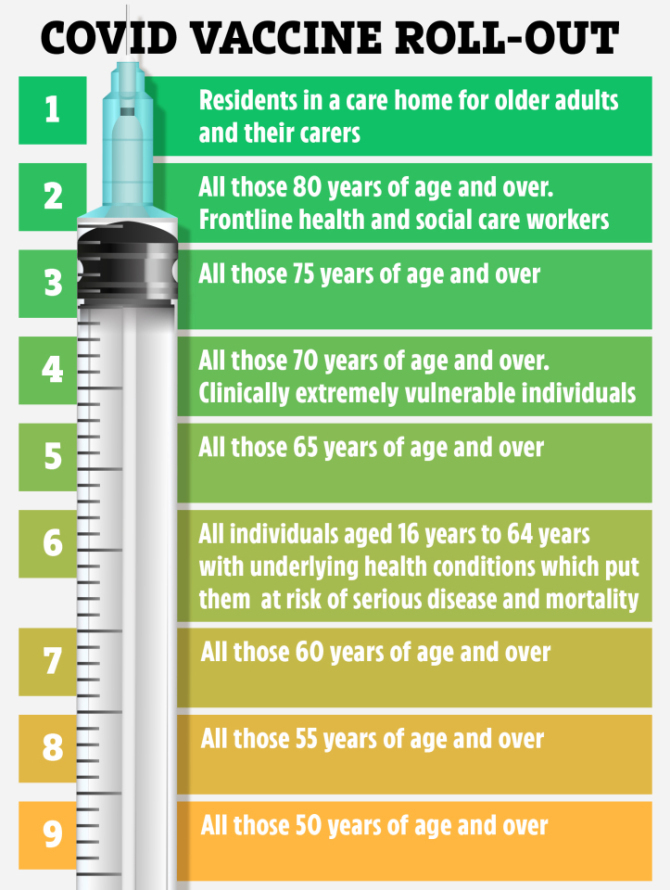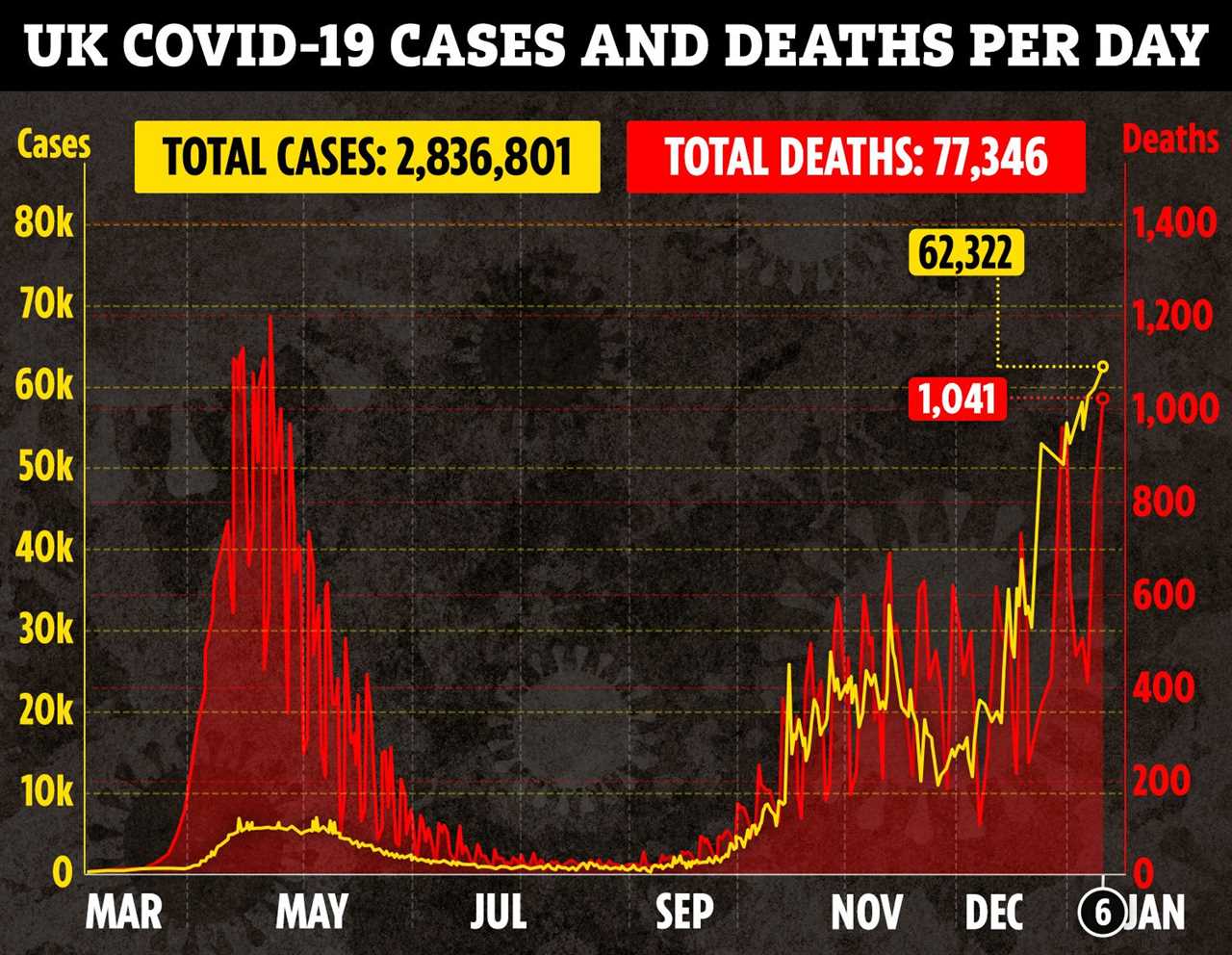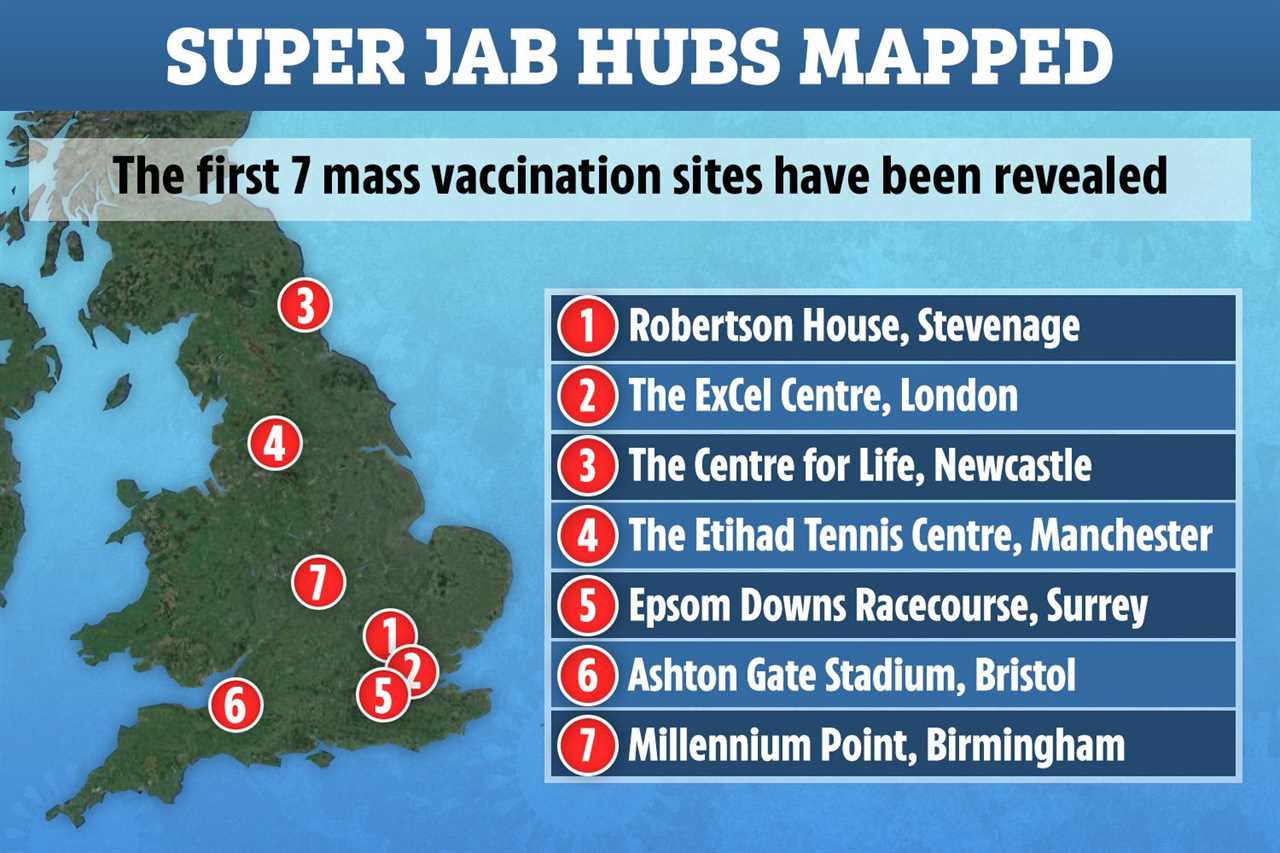PEOPLE are being warned not to drink alcohol for two days before and two weeks after having the Covid jab.
This period of sobriety is to ensure the immune system is “at its best” to respond to the vaccine, experts say.

While there’s little data on the exact effect of alcohol on the body’s response to the Covid vaccine, there is some evidence to suggest that booze can reduce the ability to build immunity in response.
It’s especially the case for regular heavy drinkers, according to Drinkaware, the independent medical advisory panel for alcohol education charity.
Urging people to get the jab, the panel’s chair, Dr Fiona Sim, said: “We advise that you don’t drink any alcohol for at least two days before, and at least two weeks after, you’ve been vaccinated, to try to ensure your immune system is at its best to respond to the vaccine and protect you.
“If you are a regular heavy drinker, the risks to you of becoming seriously ill if you do contract Covid-19 are particularly high, so please do keep your appointment for vaccination if you are offered one.
“Chronic heavy drinking reduces immune protection, and specifically for respiratory infections, which includes Covid-19.
“For greatest benefit from the vaccine, it is prudent for you not to drink any alcohol for a few days before, and for at least two weeks after, you’ve been vaccinated.
“And if you do contract Covid-19, please do not drink any alcohol until you have recovered fully, to protect your immune system to allow it to fight the virus, as well as minimising the risk of serious liver disease in the longer term.”
KNOW YOUR LIMITS
She advises that if people do choose to drink alcohol, they should do so within the Government’s low risk guidelines for both men and women.
That means no more than 14 units of alcohol each week, ensuring at least three days a week are drink-free.
It comes as the Oxford/AstraZeneca vaccine was rolled out at GP surgeries across the country today.
The jab is easier to distribute than the Pfizer/BioNTech jab, which was the first to be approved, as it can be stored at fridge temperatures.
The fast expansion of the vaccination programme is key to the Government’s efforts to tackle coronavirus and lift England’s national lockdown.

But problems with the rapid scale up were laid bare today when the Health Secretary arrived at a GP surgery in London only to find they hadn’t received their delivery.
GP Ammara Hughes, a partner at Bloomsbury Surgery in central London, told Sky News that its first delivery of AstraZeneca’s vaccine had been pushed back 24 hours to Thursday.
Matt Hancock said said the “rate limiting” factor in efforts to get people vaccinated was supply from the manufacturers.
Standing in front of Dr Hughes’s surgery, the Health Secretary said: “It’s great news this morning that the Oxford/AstraZeneca vaccine is from right now being rolled out to GP surgeries across the country.
“For the first three days with the Oxford vaccine we did it in hospitals to check that it was working well and it’s working well so now we can make sure that it gets to all those GP surgeries that like this one can do all the vaccinations that are needed.
“The rate-limiting step is the supply of vaccine. We’re working with the companies – both Pfizer and AstraZeneca – to increase the supply.”
AT CAPACITY
Dr Hughes said: “It’s just more frustrating than a concern because we’ve got the capacity to vaccinate.
“And if we had a regular supply – we do have the capacity to vaccinate three to four thousand patients a week.”
“We have been running since the middle of December and on our busiest days we can vaccinate 500 people easily.
“If we could get the AstraZeneca, then we could easily vaccinate 500 a day, which would ease the pressure on the health service and we could get more and more people vaccinated quickly and hopefully get out of the pandemic.”

Dr Hughes said Mr Hancock was “quite surprised actually to learn that we don’t know when all of our deliveries are coming, they’re very ad hoc”.
The surgery had been administering the Pfizer vaccine since the middle of December and had so far received three deliveries of that jab.
Dr Hughes said: “So we’ve continued to vaccinate with Pfizer in the surgery, and what we’re hoping to do with the AstraZeneca when it arrives is to go out to the most clinically vulnerable and housebound. So that’s what we’ll be doing.
“We won’t start vaccinating within the surgery with our AstraZeneca doses until we’ve finished our Pfizer vaccines.”
RAMPED UP
It’s hoped more than 700 GP surgeries will be delivering vaccines by the end of the week – after the UK recorded the highest daily death toll since April.
The UK reported a further 1,041 people had died within 28 days of testing positive for Covid-19 as of Wednesday.
Record numbers are also currently in hospital with coronavirus, with a further 3,500 admitted in England on Monday.
Some 1.3 million people have already received either the Pfizer/BioNTech or Oxford/AstraZeneca jab.







